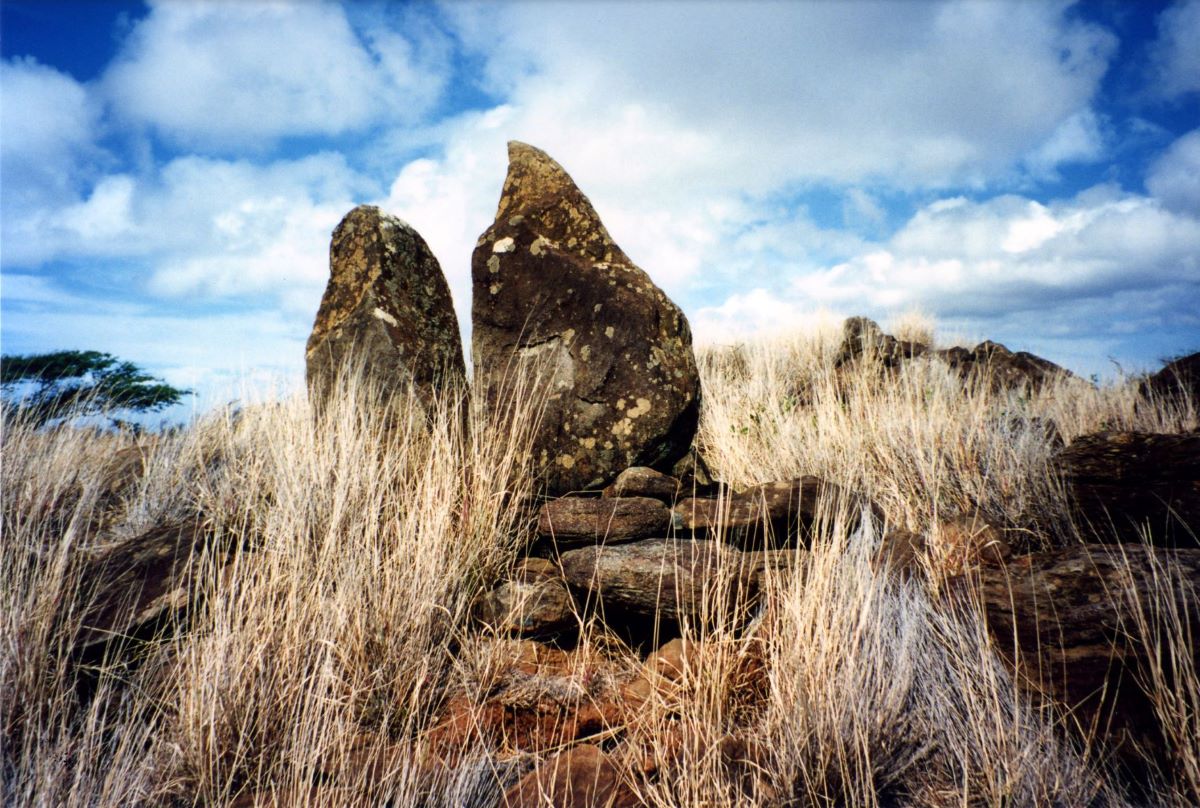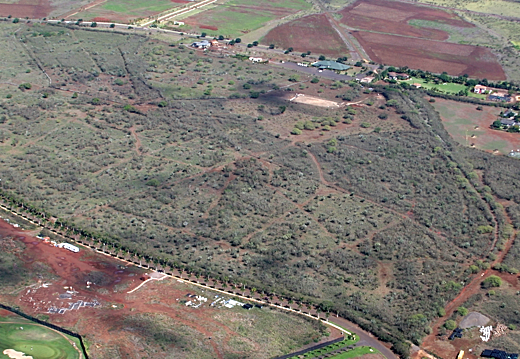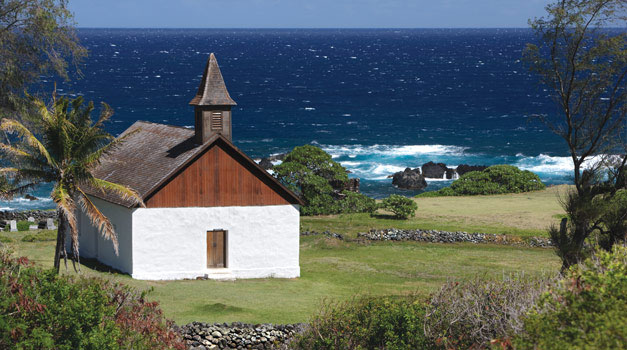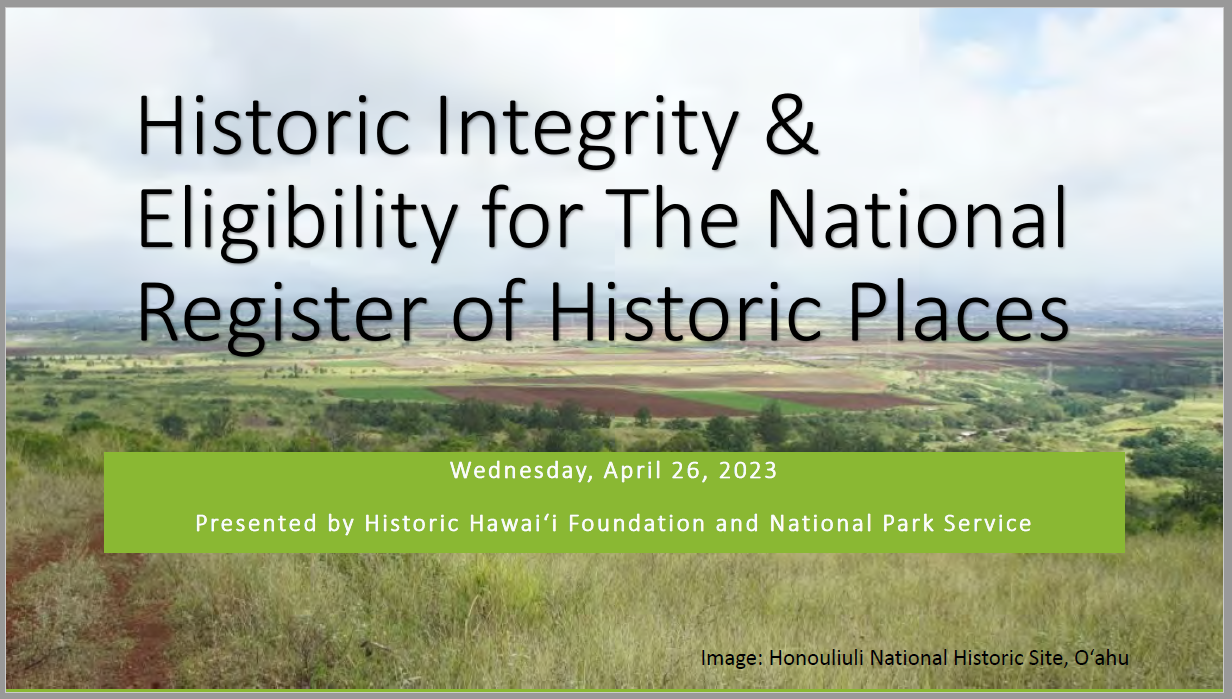Hawai‘i Preservation in Practice Training Seminar:
Historic Integrity and Eligibility for The National Register of Historic Places
Historic Hawai‘i Foundation, in partnership with the Department of the Interior’s National Park Service, will offer a free seminar on considering integrity when determining eligibility for the National Register of Historic Places.
Date: Wednesday, April 26, 2023
Time: 10:00 – 11:30 a.m. HST
Cost: Free
Virtual Webinar via ZOOM
VIEW THE VIDEO REPLAY AND PRESENTATION BELOW
I was shocked to learn that even though there is no visible trace of a site or building that it can still be listed and preserved (underground).
~ Seminar participant
The seminar provides training to members of the public, private or government sectors who own, manage, steward or are interested in preserving historic buildings, structures, objects, sites and districts.
Historic Integrity and Eligibility for The National Register of Historic Places
Date: Wednesday, April 26, 2023
Time: 10:00 – 11:30 a.m.
This seminar has been submitted for certificate maintenance credits through the American Planning Association (AICP) and the American Institute of Architects (AIA).
ABOUT THE COURSE
The seminar, through presentation and examples local to Hawaii, will explore the important concept of historic integrity, the ability of a property to convey its significance as a requirement for eligibility for the National Register of Historic Places. The seven aspects of historic integrity: location, design, setting, materials, workmanship, feeling, and association will be discussed as well as the importance of a property retaining sufficient integrity to convey its significance.
Subject matter experts will provide context and guiding principles for considering historic integrity in relation to architecture and buildings; archaeological sites; resources that are no longer visible due to alterations or development; as well as resources with ephemeral or event-based significance which can include transitory materials as well as sites that are purposefully removed.
Through the training attendees will learn:
• Concept of historic integrity when evaluating properties for eligibility for listing in the National Register of Historic Places;
• The seven aspects of integrity;
• The relationship between integrity and condition;
• Architectural/building integrity: what to consider and what to look for;
• Archaeology/Site Integrity: what to consider and look for;
•Assessing Integrity of places with less tangible characteristics;
•Evaluating integrity for sites with ephemeral/event-based significance.
WHO SHOULD ATTEND?
• Public, private and nonprofit entities that own or manage historic and potentially historic properties in Hawai‘i;
• Government agencies and elected officials responsible for the protection of historic properties;
• Design professionals, including planners, architects, engineers, landscape architects, historians and architectural historians;
• Community organizations or individuals with stewardship responsibilities for historic properties;
• Other members of the public or organizations interested in preserving historic sites.
“There may have been a time when preservation was about saving an old building here or there, but those days are gone. Preservation is in the business of saving communities and the values they embody.“
~ Richard Moe, former President, National Trust for Historic Preservation
Further Reading & Reference Materials
National Register Bulletin 15: How to Apply the Criteria for Evaluation
VIEW BULLETIN 15National Register Bulletin 36: Evaluating Archaeological Properties
VIEW BULLETIN 36National Register Bulletin 40: Evaluating Battlefields
VIEW BULLETIN 40National Register Bulletin 32: Evaluating Properties Associated with Significant Persons
VIEW BULLETIN 32National Register Bulletin 38: Evaluating Traditional Cultural Properties
VIEW BULLETIN 38National Trust for Historic Preservation Forum Journal: 50 Year Rule
VIEW 50 YEAR RULENational Trust for Historic Preservation: A Conversation about Landscapes and Preservation as Justice
VIEW RECORDINGNational Trust for Historic Preservation: Integrity and Racial Inequity Case Studies
VIEW ARTICLEPRESENTERS

Dr. Jadelyn Moniz Nakamura is the Research Coordinator and Science Advisor for the Hawaii-Pacific Islands Cooperative Ecosystems Studies Unit. As the CESU coordinator she provides support to parks and programs in their use of cooperative agreements and contracts and works collaboratively to advance science and research in parks. Jade began her career as an archeologist with the US Army Garrison Hawai‘i at the Pohakuloa Training Area. From 2000 to 2019 Jade was the Integrated Resources Manager and Archeologist at Hawaii Volcanoes National Park where she managed park projects, published her findings, and engaged in public outreach.
Jade was born and raised in Hilo Hawaii and attended the University of Hawaii at Manoa. As an undergraduate she double majored in History and Anthropology, earning a dual bachelor’s degree, then went on to earn her masters and Ph.D in Anthropology with an emphasis in Archaeology. Her dissertation research focused on the evolutionary ecology of avian predation and resource intensification on the Island of Hawaii. Jade’s broad research interests and specializations include paleoenvironmental reconstruction, vertebrate taphonomy and archeological field and laboratory techniques. In the last ten years her research has focused on the World War II era in Hawaii including the legacy of the Civilian Conservation Corps in the development of the parks, and Japanese Internment history.

Paul R. Lusignan is senior historian with the National Register of Historic Places program at the National Park Service in Washington, DC. With the Park Service since 1992, Paul is responsible for evaluating historic properties nominated by state, tribal and federal agencies for listing in the National Register of Historic Places. In this capacity, he assures the technical and scientific accuracy of documentation, evaluates resources for eligibility under the National Register and National Historic Landmark program criteria, and reviews requests for determinations of eligibility from federal agencies and for tax act projects. His position entails working directly with federal agencies, state and tribal historic preservation offices, and the public, providing technical advice and guidance on National Register evaluation procedures, administrative policies, and implementation strategies. A graduate of the University of Vermont’s historic preservation program Paul previously worked as Survey and Register Coordinator for the Wisconsin State Historic Preservation Office in Madison, Wisconsin and as a private preservation consultant. His current areas of geographical responsibility include the western United States. Paul’s particular areas of specialty including Cold War history, public housing, industrial resources, tribal preservation issues, modernist architecture, and economic incentives for preservation.

Katie Stephens is a historic architect with 30 years-experience in the field of historic preservation. She serves as Chair of the Hawai‘i Historic Places Review Board, which evaluates nominations for listing properties in the Hawai‘i Register of Historic Places. Born in Rochester, New York, then raised in Corrales, New Mexico, Katie received a Master of Architecture degree and Certificate of Historic Preservation from the University of Hawai‘i at Mānoa. Her work on diverse project types have included restoration, adaptive reuse, rehabilitation, historic documentation (HABS and HAER), overview surveys, cultural resource management plans, determination of eligibility projects, historic register nominations, master planning documents, and historic compliance in private, public, and government fields in Hawaii and the Pacific Region. Katie’s passion for historic preservation stems from its connection to history, people, culture, art, construction methods, craftsmanship, and the ability for historic properties to convey a sense of time and place. Through understanding significant aspects of historic architecture, Katie aspires to preserve, restore and celebrate these valuable resources.

Dr. Elaine Jackson-Retondo, Region Preservation Partnerships and History Programs Manager, Interior Regions 8, 9, 10 and 12 in the National Park Service Pacific West Regional Office, earned her Doctorate in Architectural History and Masters of Architecture from the University of California, Berkeley and her Bachelor of Architecture from the University of Notre Dame in South Bend, Indiana. She has worked in the National Park Service since 2002.
Jackson-Retondo’s current and past work has included the National Park Service’s American Latino Heritage Initiative, Asian American Pacific Islander Initiative, Japanese American confinement during World War II, Cesar Chavez and the Farm-worker Movement, the National Park Service’s Mission 66 Program, and 19th century carceral institutional landscapes.

Kiersten Faulkner is the chief executive of Historic Hawai‘i Foundation and oversees all aspects of its preservation programs, strategic planning, business lines and operational matters. She holds a Master of Arts in Urban and Environmental Policy from Tufts University and is a member of the College of Fellows of the American Institute of Certified Planners (FAICP).





